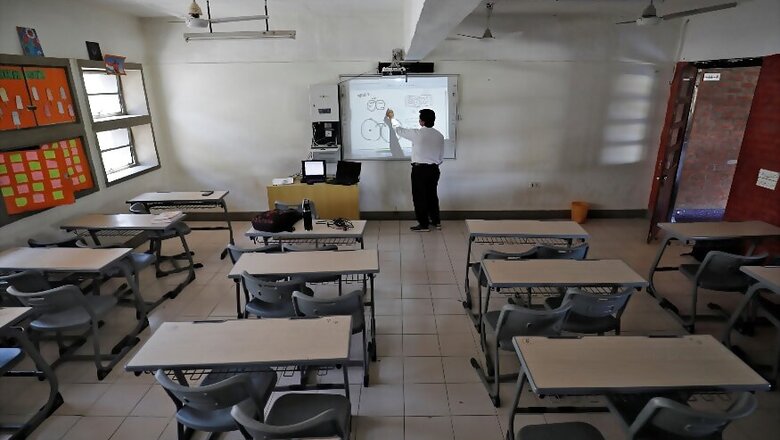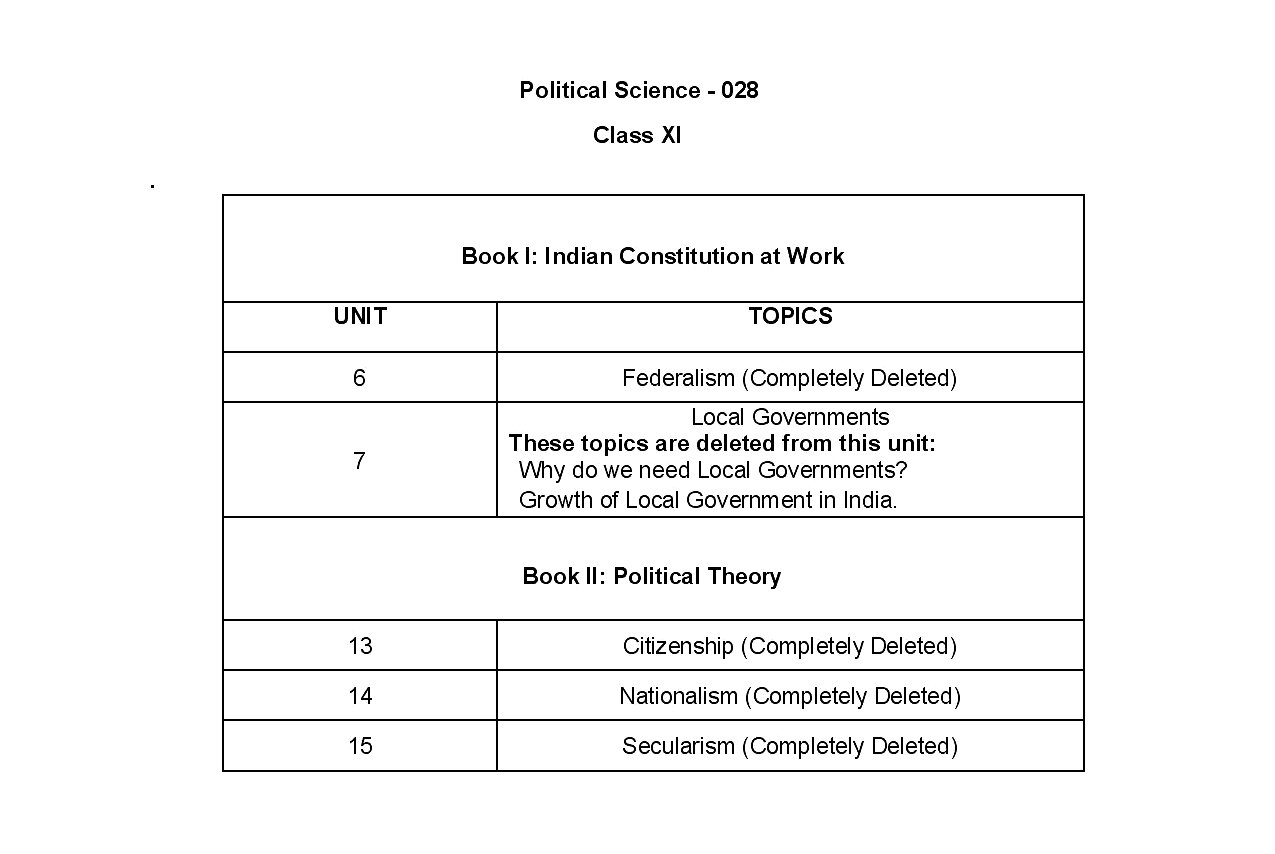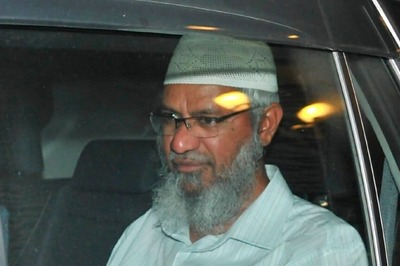
views
Chapters on ‘Citizenship’, ‘Nationalism’ and ‘Secularism’ are among topics to have drawn the short draw in the restructuring of CBSE syllabus for the new academic year to offset the academic loss caused by the Covid-19 pandemic.
The chapters which gave Political Science students an introduction to the key socio-political constructs were earlier part of the CBSE syllabus for Class 11 students in the Humanities stream.
The chapters are among those across streams and subjects to be axed to reduce the syllabus load for Classes 9 to 12 by 30%. The decision to ‘rationalize’ the syllabus was announced by HRD minister Ramesh Pokhriyal ‘Nishank’ on Tuesday evening.

"Looking at the extraordinary situation prevailing in the country and the world, CBSE was advised to revise the curriculum and reduce course load for the students of classes 9 to 12. To aid the decision, a few weeks back I also invited suggestions from all educationists on the reduction of syllabus for students and I am glad to share that we received more than 1.5K suggestions. Thank you, everyone, for the overwhelming response," Nishank tweeted.
"Considering the importance of learning achievement, it has been decided to rationalize syllabus up to 30 per cent by retaining the core concepts," he said.
????Considering the importance of learning achievement, it has been decided to rationalize syllabus up to 30% by retaining the core concepts.@PMOIndia @HMOIndia @HRDMinistry @mygovindia @transformIndia @cbseindia29 @mygovindia — Dr. Ramesh Pokhriyal Nishank (@DrRPNishank) July 7, 2020
The chapters were part of Political Theory taught textbook to Political Science students. The chapter on citizenship, a hotly debated topic in the country following the passage of Citizenship Amendment Act, explored the concept in contemporary times. Portions of the chapter dealt with “debates and struggles which are going on regarding the interpretation of the term ‘full and equal membership’.”
It discussed “the relationship between citizens and the nation and the criteria of citizenship adopted in different countries”, along with concepts like “stateless people”, “global citizenship” and “national citizenship”.
The chapter on secularism talked about how a democratic state should ensure equality for different cultures and communities that exist within a country and made students “understand and appreciate the importance of secularism in a democratic society like India, and learn something about the distinctiveness of Indian secularism”.
The previous curriculum also encouraged students to explore the concept of nationalism and “acknowledge the strengths and limitations of nationalism” and “appreciate the need for ensuring a link between democracy and nationalism”.
Another topic dropped in the rationalisation process is the ‘federalism’ which was part of Indian Constitution At Work textbook.
Universities and schools across the country have been closed since March 16 when the central government announced a countrywide classroom shutdown as one of the measures to contain the COVID-19 outbreak.
A nationwide lockdown was announced on March 24, which came into effect the next day. While the government has eased several restrictions, schools and colleges continue to remain closed.


















Comments
0 comment